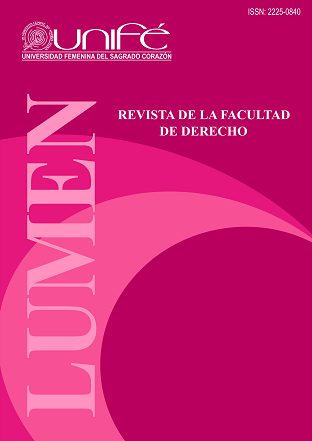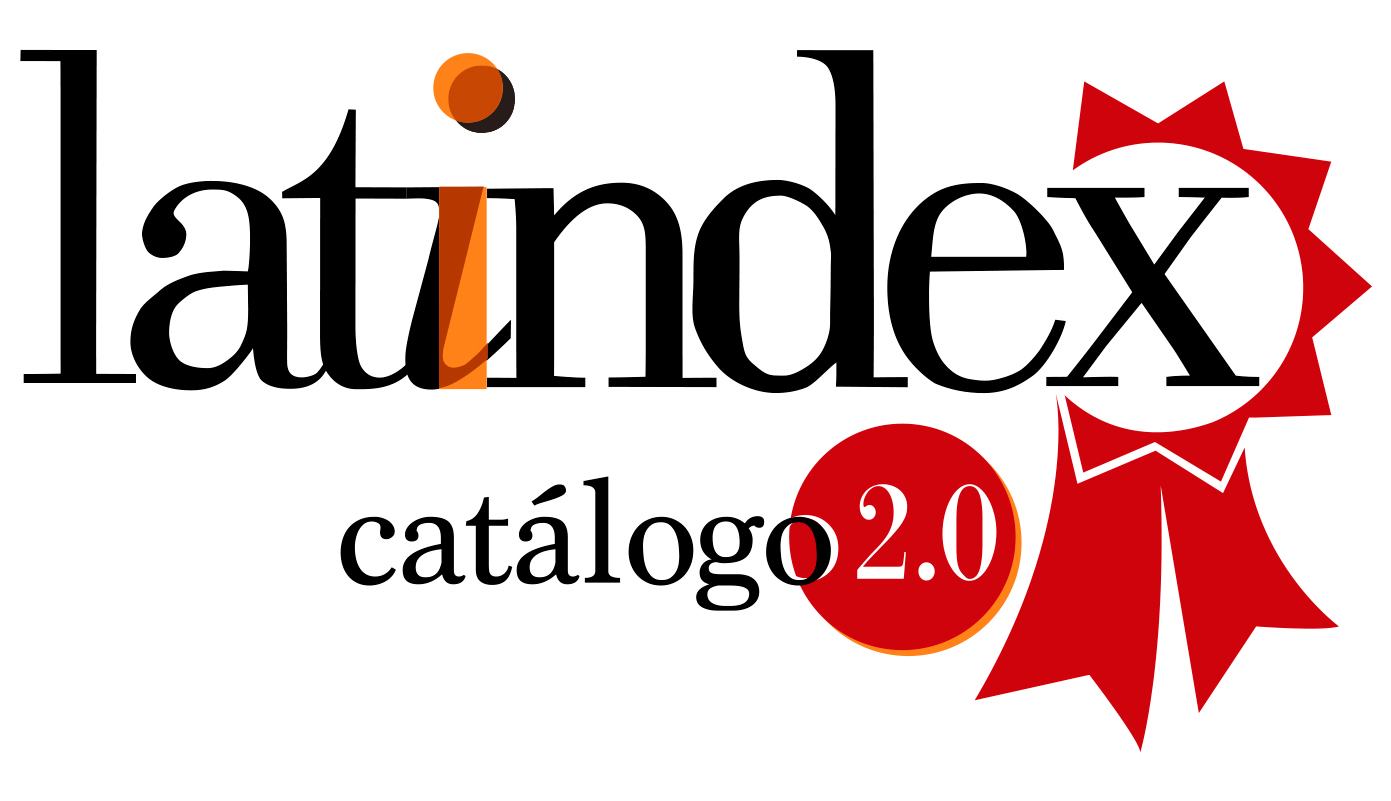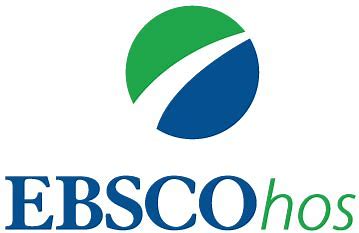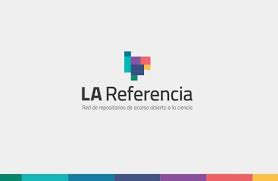Voting certificate: document or public information? The cases of México and Perú
DOI:
https://doi.org/10.33539/lumen.2019.n15.1757Keywords:
Electoral ballots, access to information, Federal Transparency Law and Access to Government Public Information, public document, advertising principleAbstract
This article examines a Judgment issued by the Sala Superior del Tribunal Electoral del Poder Judicial de la Federación de la República Mexicana (Superior Court of the Electoral Tribunal of the Judicial Power of the Federation of the Mexican Republic) in relation to the final resolutions issued by the Commission of the Council for Transparency and Access to Information of the Federal Electoral Institute, which denied the requests of mexican citizens to provide them with copies of the "ballots" (or "ballot papers" in the case of Peru) regarding the electoral process because the results of the presidential election caused them to object to the calculation of the votes and required them to count them again.
Of course, the academic importance of resolving that demand was not fundamentally to review the outcome of the electoral process but to elucidate the characteristics of the "ballots" addressed in that judgment in matters of access to public information and powers of the Superior Chamber of the Electoral Court of the Judicial Power of the Federation of the Mexican Republic to issue a ruling on its legal nature. Obviously, this is not a minor issue, since it constitutes an exception - or perhaps - still the only doctrinal precedent for the Ibero-American countries regarding electoral documentation.









